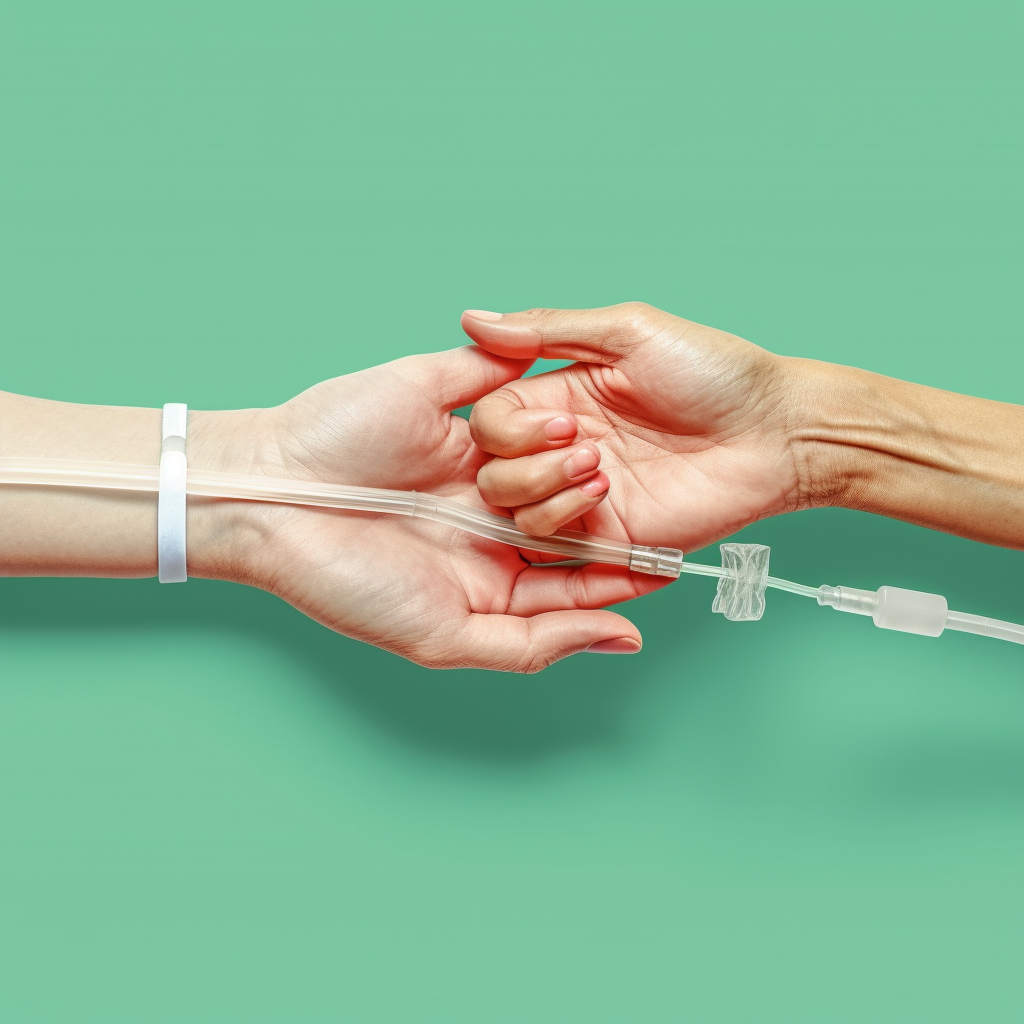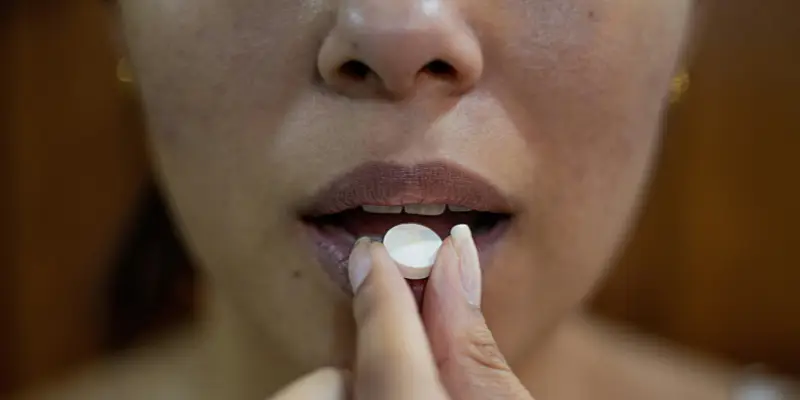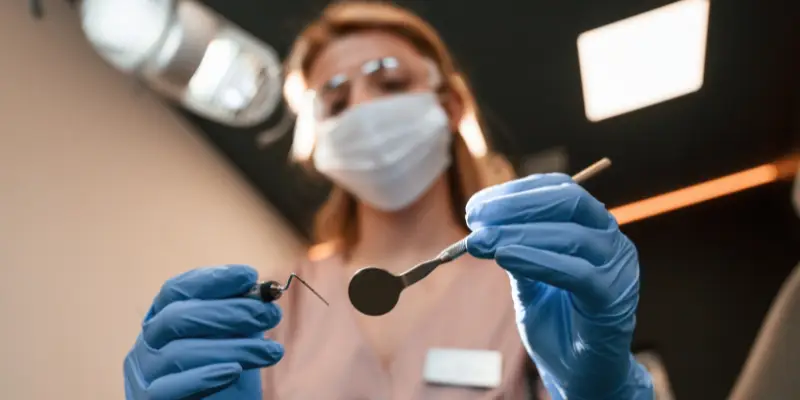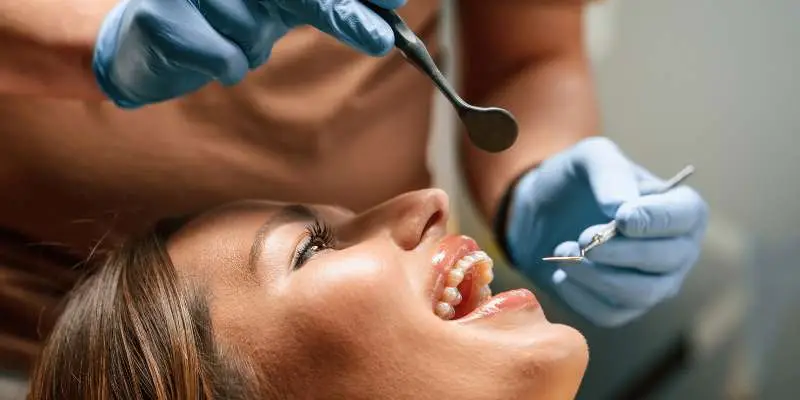If the thought of dental treatment gets you worried, it is easy to put treatment off.
The fear of pain, the memories, the smells, it can all be so overwhelming that some patients will only visit when they are in pain and have no other choice.
In this blog post, we’ll explore what IV Sedation is, how it can help you and answer some frequently asked questions.
IV Sedation: The Facts
IV (or intravenous) Sedation is a type of conscious sedation where medication is administered through a vein, usually in the arm. The effects of the medication are almost immediate.
Patients report a deep sense of calm and relaxation throughout treatment. Crucially, you will remain awake but without the stress or anxiety you might typically feel in the chair.
At Danbury Dental Care, we use a medicine called Midazolam which is the most common form of sedation within private practice. Midazolam is incredibly short-acting, and comes from the benzodiazepine family and the effects of the medication will wear fully off 6-12 hours after your treatment has finished.
Is it Safe?
Midazolam is the most frequently used for IV Sedation during dental treatment. It first came into general use in 1982 so there’s fourty years of experience and learnings from medical and dental treatments with its use.
One of the great things about Midazolam is that it can be easily reversed if medically necessary, increasing safety of administration and overall patient outcomes as a result.
How will I feel under IV Sedation?
The effects of midazolam can vary from person to person, but in general, you can expect to feel a lot more relaxed and less anxious after taking the medication. Some patients may also feel a little bit drowsy or tired too.
IV sedation creates the “deepest” form of sedation on offer in general practice and outside of a Hospital setting. In the chair you will feel deeply calm, accepting of treatment and not anxious or worried about the procedure.
Many patients also report of a welcomed amnesic affect in that it is known to make patients forget the memories of treatment itself (ie from the time of injection). After a dental appointment under IV Sedation, patients tell us they do not remember specifics of the treatment itself which goes along way to building up confidence in the chair.
What should I expect after my treatment?
You will not be able to drive or operate machinery for the rest of the day so please make sure you have arranged transport home before your appointment.
IV Sedation also requires a chaperone so we can make sure you have the right aftercare and support directly following the appointment. This is possibly the main drawback as it requires a tad more logistics and planning!
If you’re looking for IV Sedation in Essex, please do not hesitate to get in touch! We would be more than happy to discuss this option with you further.







